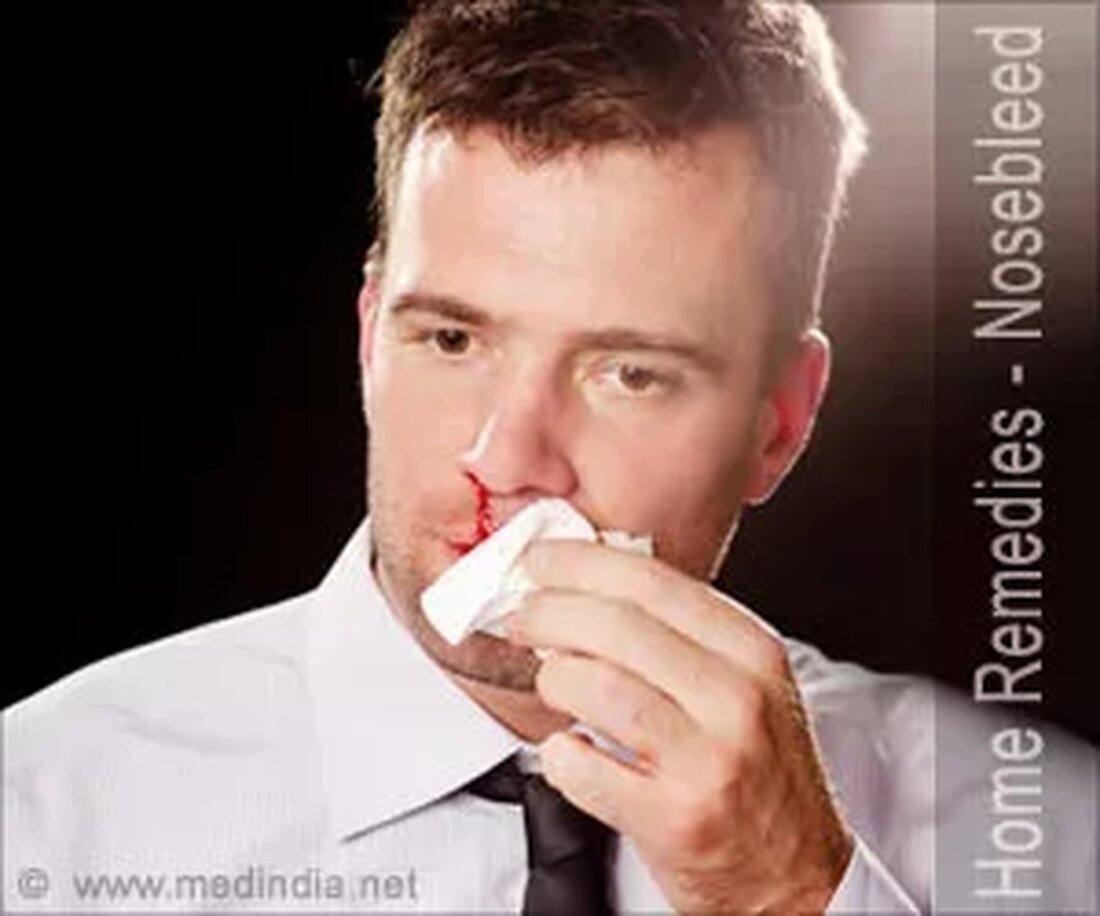Home remedies for nosebleeds
What is Nosebleed? Nosebleeds, also known as epistaxis, are a common occurrence that can be treated at home with simple first aid measures. Nosebleeds are usually caused by nose picking or an infection of the mucous membrane that causes dryness. A blow to the nose can also be a cause of nosebleeds. The presence of many blood vessels in the nose makes it more prone to bleeding, even if it is slightly damaged. Most nosebleeds occur in the front of the nose and stop within a few minutes. Most nosebleeds are not serious. Common Causes of Nosebleeds Nose Picking Nose Injury Cold or Flu Insertion of Small Objects Allergies...

Home remedies for nosebleeds
What is Nosebleed?
Nosebleeds, also known as epistaxis, are a common occurrence that can be treated at home with simple first aid measures. Nosebleeds are usually caused by nose picking or an infection of the mucous membrane that causes dryness. A blow to the nose can also be a cause of nosebleeds. The presence of many blood vessels in the nose makes it more prone to bleeding, even if it is slightly damaged. Most nosebleeds occur in the front of the nose and stop within a few minutes. Most nosebleeds are not serious.
Common causes of nosebleeds
- Nasenbohren
- Nasenverletzung
- Erkältung oder Grippe
- Einfügen von kleinen Objekten
- Allergien
- Nasaler Tumor
- Trockene Nasenwege
- Naseninfektion
- Sinusitis
- Trockenes Klima
Home remedies for nosebleeds
Tip 1:
Dab a cotton ball in apple cider vinegar and place it in your nostril. This helps reduce blood flow from your nose.

Tip 2:
Place an ice pack or cold compress on the bridge of your nose for at least 5 to 10 minutes. This will help constrict blood vessels and reduce bleeding and swelling in your nose.
Tip 3:
Press your nostril firmly with your thumb and forefinger for five to 10 minutes and breathe through your mouth. This can help stop your nosebleeds.

Tip 4:
If you have a mild nosebleed, sit upright with your head tilted slightly forward to prevent blood from running down your throat. Swallowing blood can cause nausea.
Tip 5:
Vitamin K deficiency can cause nosebleeds. Therefore, eat plenty of vitamin K-rich foods such as dark green leafy vegetables to avoid future nosebleeds.

Tip 6:
Apply a thin layer of moisturizing ointment such as petroleum jelly or an antiseptic nose cream into your nose to prevent nosebleeds. Do not blow your nose or put anything else in it for at least 12 hours after the bleeding has stopped.
Tip 7:
Include vitamin C and flavonoid-rich foods such as apples, garlic, citrus fruits, watermelon and onions in your diet. These strengthen the capillaries and make them less susceptible to bleeding.

Tip 8:
Dryness in the nasal mucous membranes can lead to nosebleeds. Therefore, drink plenty of water every day or make a mixture of normal water with a little salt and put a few drops in the nose to moisten the inner mucous membrane of the nasal passages.
.

 Suche
Suche
 Mein Konto
Mein Konto
